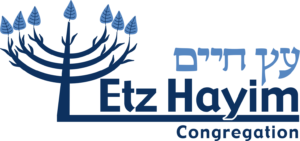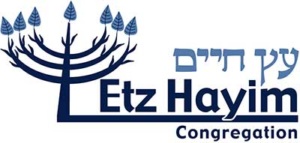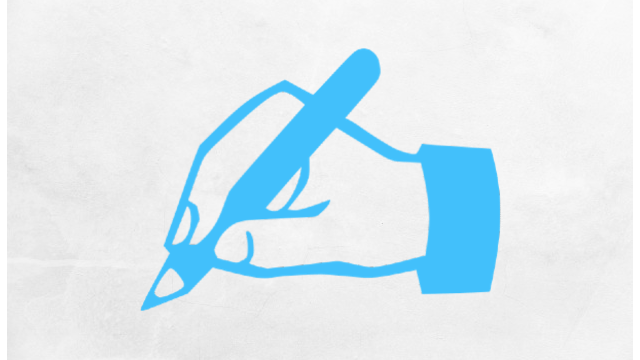In the Babylonian Talmud, in the tractate Berakhot page 60b, we have a passage that serves as the basis for our daily morning blessings. The rabbis go through what would be a wake up routine, and offer a blessing for each thing we do, from recognizing that we are not asleep anymore, thanking God for our souls, to opening our eyes, leaving our beds, etc. Nowadays, we no longer say these blessings as we go through each act in the morning. We say most of these blessings together in the beginning of our morning service. There are a few blessings that did not make it to the daily tefillah.
The final two blessings are:“When one washes one’s hands one should say: Blessed is God who has sanctified us with God’s commandments and commanded us concerning the washing of hands.”
This blessing is immediately followed by:“When one washes one’s face one should say: Blessed is God who has removed the bands of sleep from my eyes and slumber from my eyelids. And may it be Your will O Eternal, my God, to make me ready to study Your law and make me cleave to Your commandments, and do not bring me into sin, or into iniquity, or into temptation, or into contempt, and bend my inclination to serve You, and remove me far from bad people and a bad companion, and make me cleave to the good inclination and to a good companion in Your world, and let me obtain this day and every day grace, favor, and mercy in Your eyes, and in the eyes of all that see me, and show lovingkindness unto me. Blessed are You, Eternal, who bestows lovingkindness upon Your people Israel.”
And then the rabbis change subject a little bit, determining if a person needs to say a blessing when good things happen as well as when bad things happen (the answer is yes). I was struck by how much the last blessing is bigger that the blessings that preceded it, and how personal it is. I believe one of the reasons for this difference is because as this is the last blessing, we would be saying a longer blessing as a final act of preparation in the morning. Another idea I have is that as we wash our faces we would finally be facing the world, and saying a longer blessing in order to ask protection from the day’s challenges. When we go out to deal with reality, we ask to feel God’s protection. The blessing doesn’t ask God to make us invincible to the dangers of the world; the blessing asks God to help us make good choices, to make choices that enhance our lives, choices that make us feel connected to our community and the world around us, choices that recognize the value of learning, of gratitude and partnership. This blessing reflects the idea that with Divine guidance and our discernment, we are able to live productive lives.This blessing is longer because we recognize that we have choices, some that enhance our lives, and some that don’t, and God’s guidance help us make better choices.
At this time of COVID-19, I feel that we can change the blessings around. We have to wash our hands many more times during the day, choosing to do our part in containing the spread of the virus. I am not advocating saying a blessing every time we wash our hands because we do not have an explicit commandment from God to do so. Yet we know that the washing of the hands is an easy way to help the world be a better place. As we wash our hands throughout the day, I suggest that we set our Kavanah, our spiritual intention for our actions, to reflect the concepts set by the rabbis of the Talmud. We concentrate on making the right choices, on doing our part of the mitzvah of saving lives (pikuah nefesh), of keeping ourselves healthy (shemirat haguf), focusing on not engaging in or condoning risky behavior, and creating space in our hearts to minimize anxiety. A kavanah, an acknowledgement that God is with us when we choose to do the right thing, and our diligent good judgment, will help us make good choices and face with grace and courage the uncertainties of this moment.


